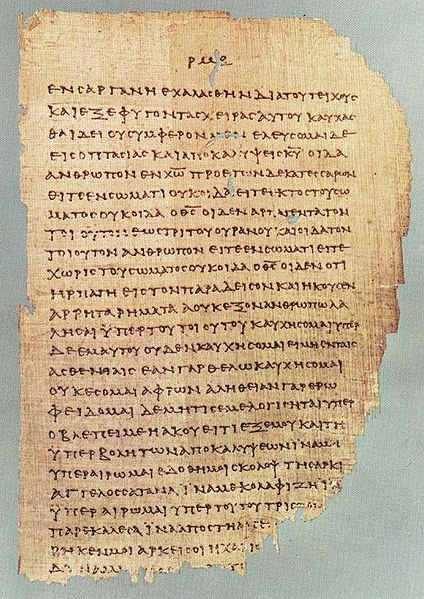The Quest for the Primitive Church
As a historian of the persecution that Bulgarian Pentecostals endured under Soviet control, Dr. Dony Donev has much to say about becoming an earnest, Bible-believing community of believers.
The meaning of life is hidden behind the answers of the existential questions: Who am I? Why am I here? What follows next? The narrow road toward discovering these answers leads to unveiling one’s true identity. Such quest is a continuous and perplexed laborintus vitum, in which human destiny turns to a painful or pleasant reality. Failure to discover the answers of the above questions is failure to fulfill one’s purpose of living.
The era of postmodernity and the present ecclesial paradigm have shifted the role of the individual and community in the search for the meaning of life. The essential errand now is not simple identity realization, but identity preservation and intergenerational transmission. Preservation then is a complex process that includes both the quest for rediscovering one’s true identity and the challenge of reclaiming it for the present moment and the future generations. Based on the belief that by rediscovering the original practices and structure of the Early Church community, they would inherit its Spirit and power, a great number of churches have engaged themselves in the quest for the Primitive Church.

Papyrus 46, the Greek text of 2 Corinthians 11:33 through 12:9. It is one of the oldest extant New Testament manuscripts probably copied between 175 and 225 CE.
Image: Wikimedia Commons
This present research will argue for the importance of the preservation of church primitivism as an identity characteristic of the Pentecostal Movement demonstrated through the triangular scheme of prayer, power and praxis. Having shown the original historical context of the Pentecostal message, it will parallel the ecclesiastical paradigm with the spiritual experience, sacramental praxis and communal structure of the Primitive Church. Finally, it will call the church of post-modernity toward neo-primitivism as the way for preservation and intergenerational succession of Pentecostal identity for the future generations.
I. Toward a Definition of Primitivism
Webster’s Dictionary defines the term primitivism as the “belief in the superiority of nonindustrial society to that of the present.”1 The meaning of primitivism can be further expanded to the “belief that the acquisitions of civilization are evil or that the earliest period of human history was the best.”2 The term primitive derives from the Latin word prima, meaning first. In a church context, primitivism is the term describing the story of the First Church. Commonly, this includes the period of 30-100 AD.3
Contrary to the general understanding, the Primitive Church is not only the church of the oppressed, unlearned and weak, as it often is applied in the negative understanding of the title Primitive. It is rather the First Church that had directly witnessed the life and ministry of Jesus Christ; it is the Church that possessed the resurrection power of the Holy Spirit since the day of Pentecost; and it is the Church that represents the true identity of Christianity.
Category: In Depth, Summer 2018


